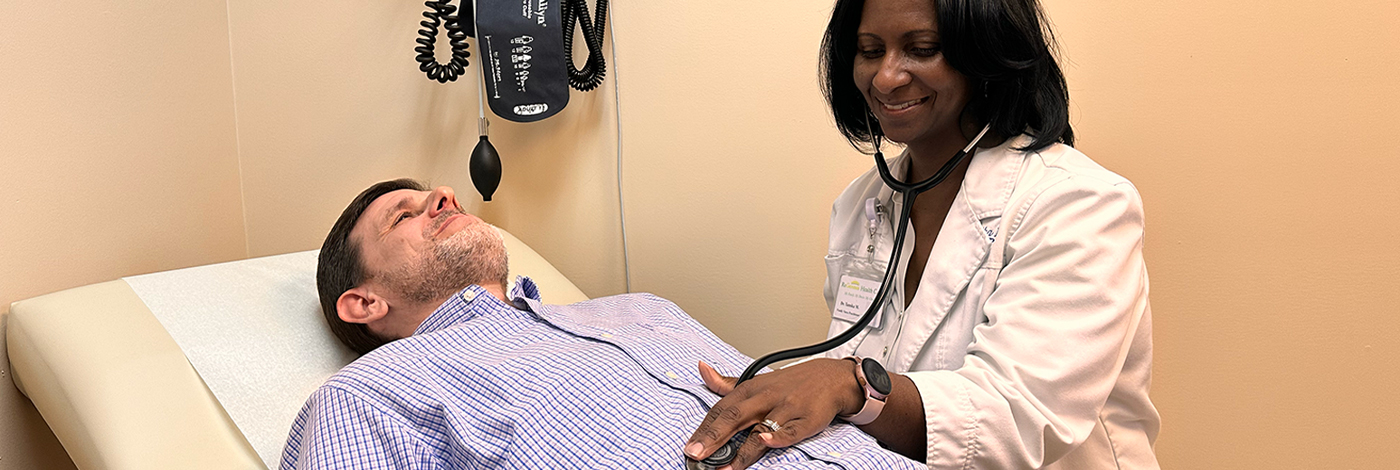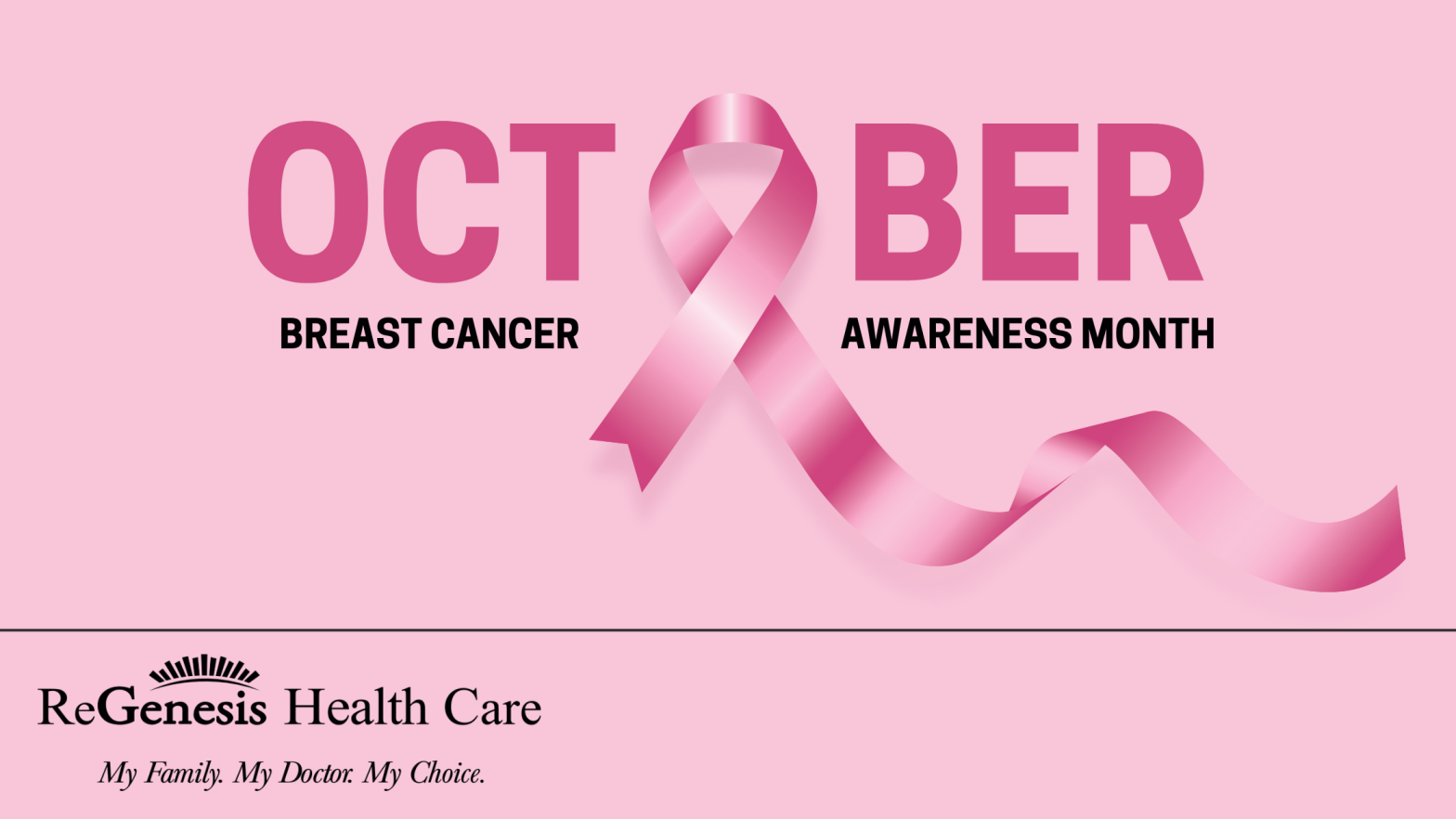October 1st, 2024
Breast cancer affects the lives of millions of people every year; from those struggling with the disease, the aftermath of survival, or the impact it can have on loved ones. This October, we continue to honor Breast Cancer Awareness Month.
Understanding Breast Cancer
Despite being most common in middle aged and older women, breast cancer can occur in and affect all genders of various ages. It begins when cells begin to grow out of control. Breast cancer can originate in different parts of the breast; an organ that sits on top of the upper ribs and chest muscles. There is a left and a right one, and each is made up of glands, ducts, and fatty tissue.
The breast has different parts:
- Lobules are the glands responsible for producing breast milk. Cancers that derive from these glands are known as lobular cancers.
- Ducts are small channels that extend from the lobules and transport milk to the nipple. This is the most common site for breast cancer to develop, and cancers that begin here are referred to as ductal cancers.
- The nipple is the area on the breast where the ducts converge and expand into larger ducts, allowing milk to exit the breast. It is surrounded by the areola, which is made of slightly darker, thicker skin. A rarer form of breast cancer, Paget disease, can start in the nipple.
- The fat and connective tissue (stroma) support the ducts and lobules, helping to hold them in position. A rarer form of breast cancer known as phyllodes tumor can develop in the stroma.
- Each breast contains blood vessels and lymph vessels. Angiosarcoma is a rarer type of breast cancer that can grow in the lining of these vessels.
A small number of cancers develop in other tissues of the breast, such as sarcomas and lymphomas, which are generally not classified as breast cancers.
Finding a lump in your breast is not immediate cause for concern. It is important to understand that most breast lumps are benign and not cancer. However, it is important to remain diligent about your health and take the necessary precautions in safeguarding it.
Risk Factors & Prevention Measures
There are many risks factors for breast cancer that cannot be controlled. These would include being born a woman, getting older, inheriting certain gene changes, having a family or personal history of breast cancer, race and ethnicity—white women are slightly more at risk—being taller, having dense breast tissue, having certain benign breast conditions, starting menstrual periods early, going through menopause later, having radiation to your chest, and exposure to diethylstilbestrol—a drug given to pregnant women in the early 1940s-1970s because it was believed to lower the risk of miscarriage (to learn more about DES exposure, click here).
However, there are lifestyle related breast cancer risk factors. These include:
- Drinking alcohol
- Being overweight or obese
- Not being physically active
- Not having children
- Not breastfeeding
- Birth control
- Menopausal hormone therapy
- Breast implants
To learn more about these risk factors in depth, click here.
Many women with breast cancer have no symptoms. Hence, it can be difficult to catch the cancer early. However, the earlier the detection, the more likely it is to have successful treatment. That’s why it is so important to have regular mammograms and other breast cancer screenings.
Support
ReGenesis Health Care is here for YOU. Our goal is for our patients and community to have the education and resources necessary to live a holistic lifestyle and receive the healthcare assistance needed in times of trouble. This month, you may see our staff wearing pink ribbons on our scrubs or ID badges. This is our way of offering support to those who have had, currently have or have loved ones struggling with breast cancer. Ask us how to schedule a mammogram appointment, get mental health support through therapists or behavioral health experts, how you can help raise awareness, or for educational resources.
Need more information or want to schedule an appointment? Call: (864) 582-2411
Follow us on social media at @visitrhc for more awareness and education information.



